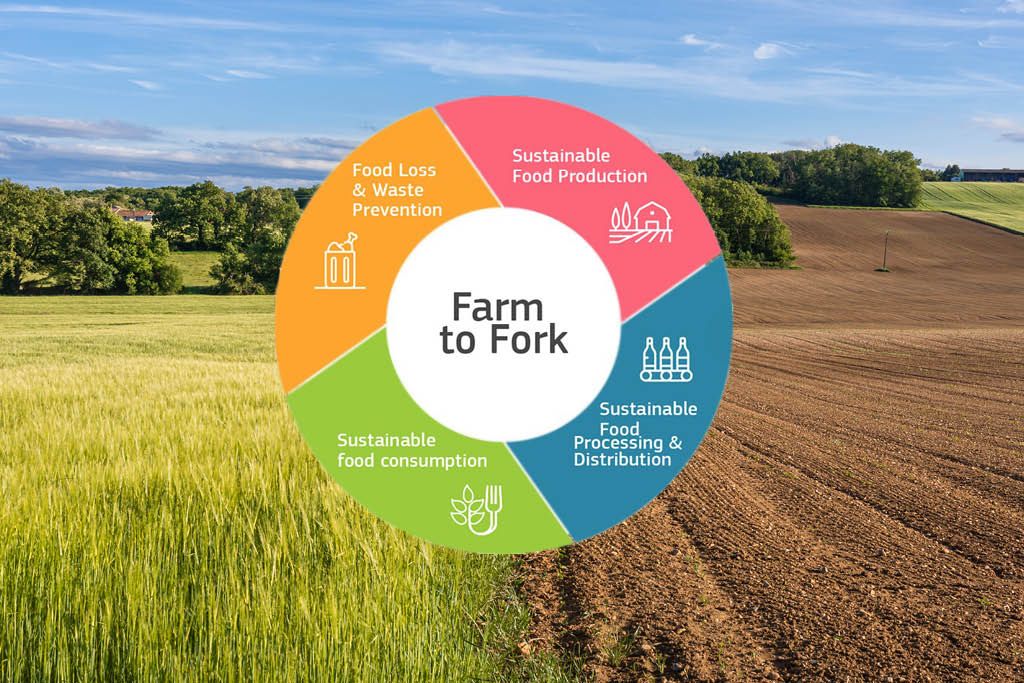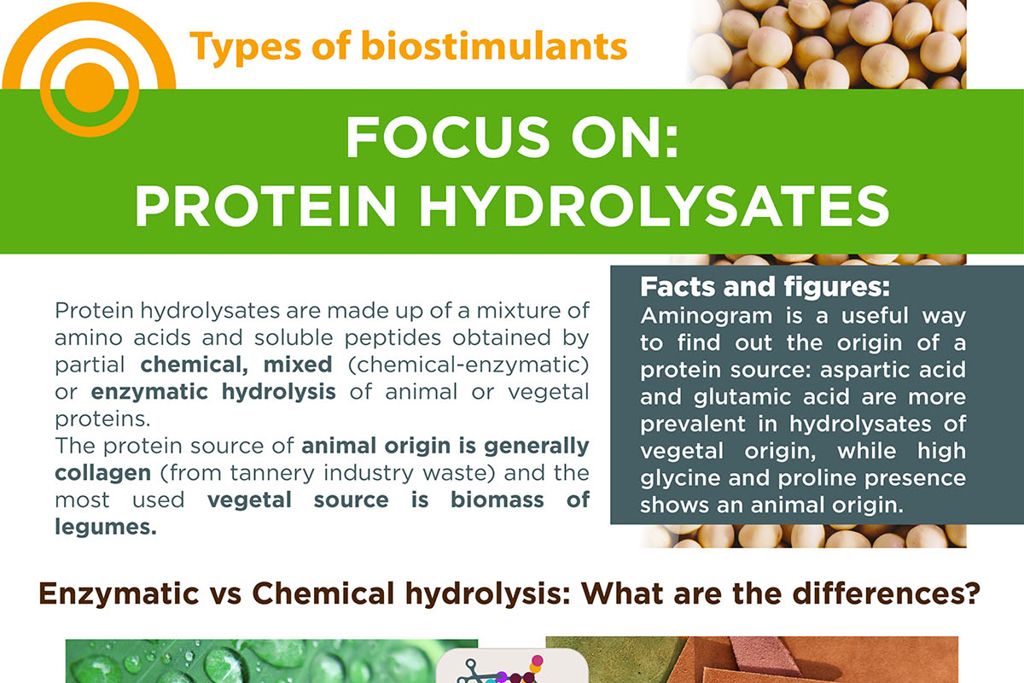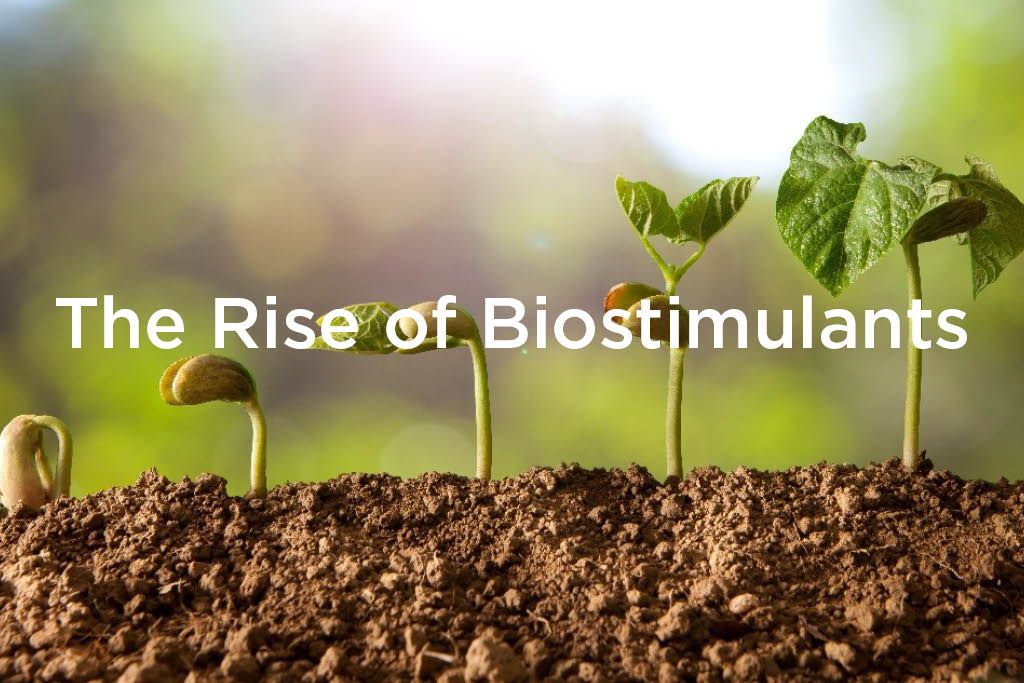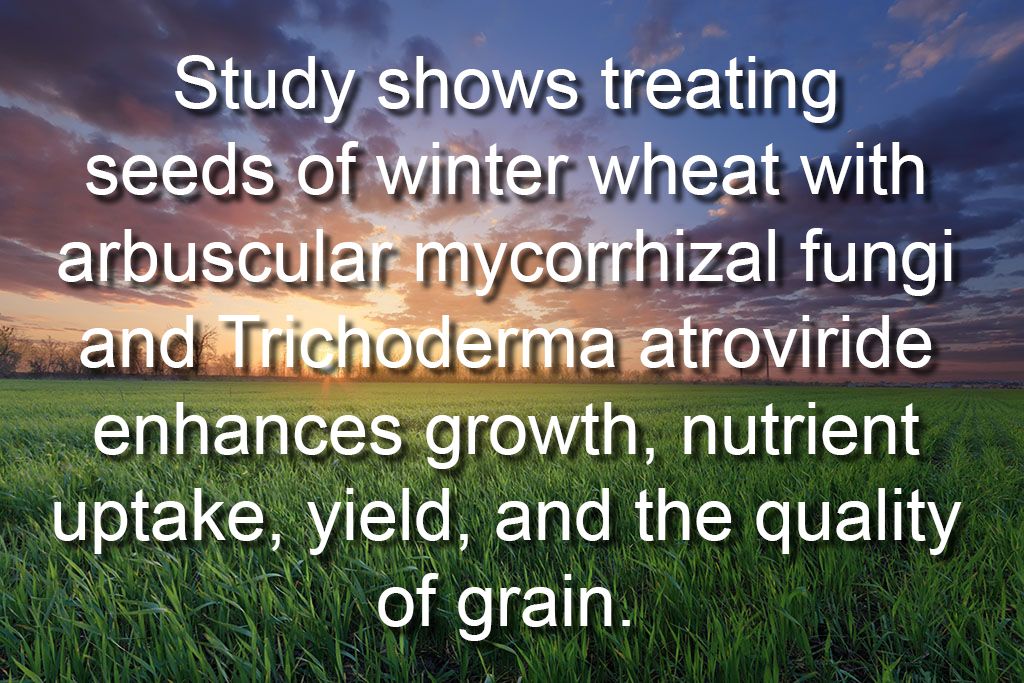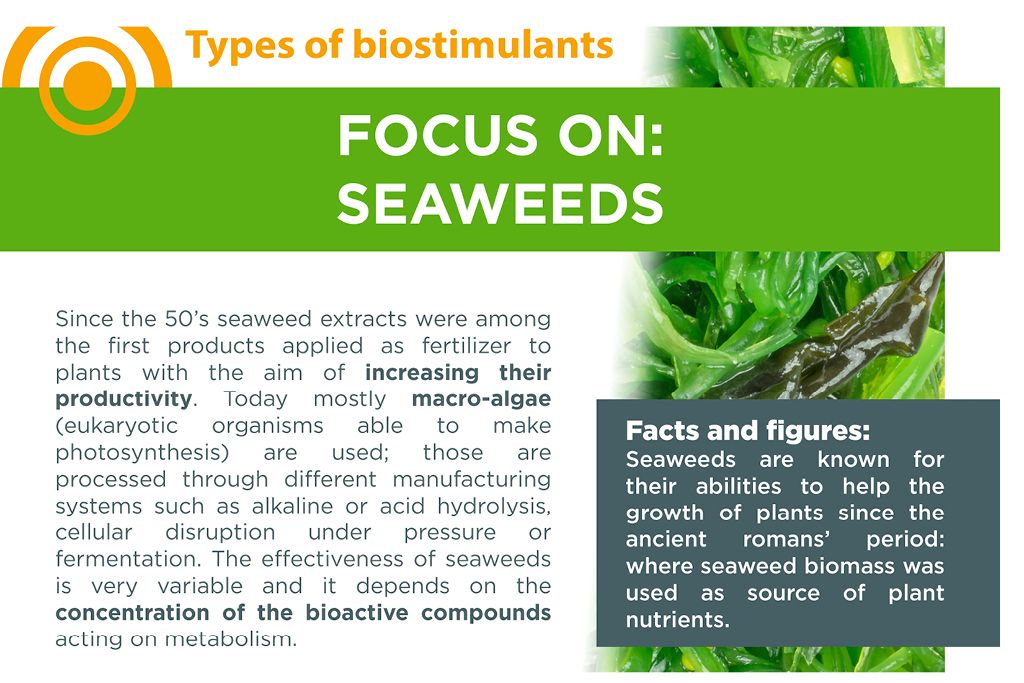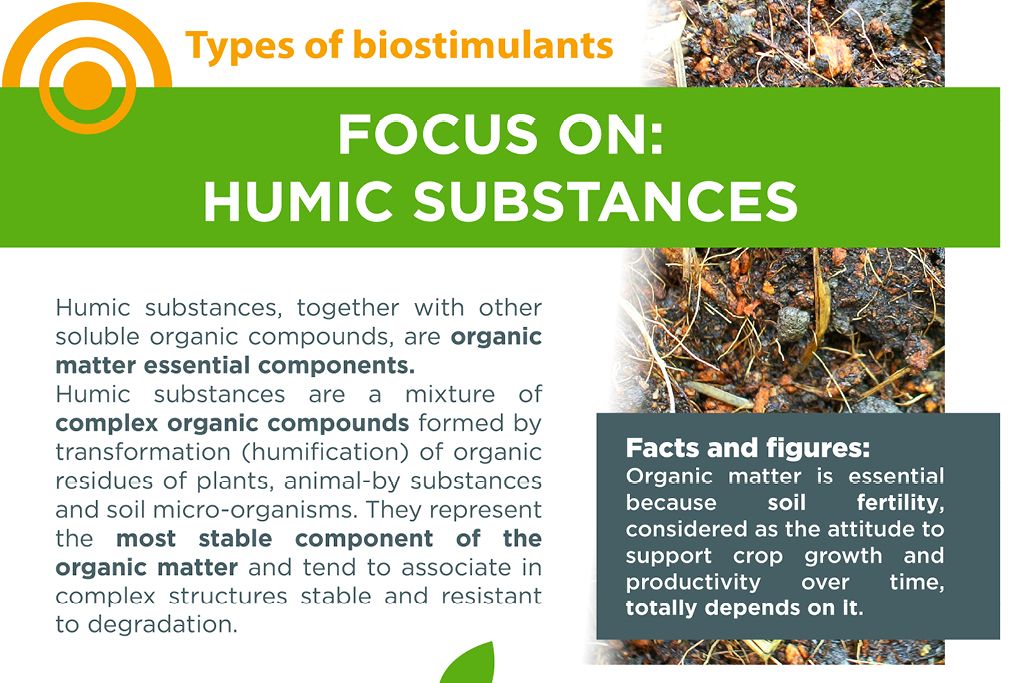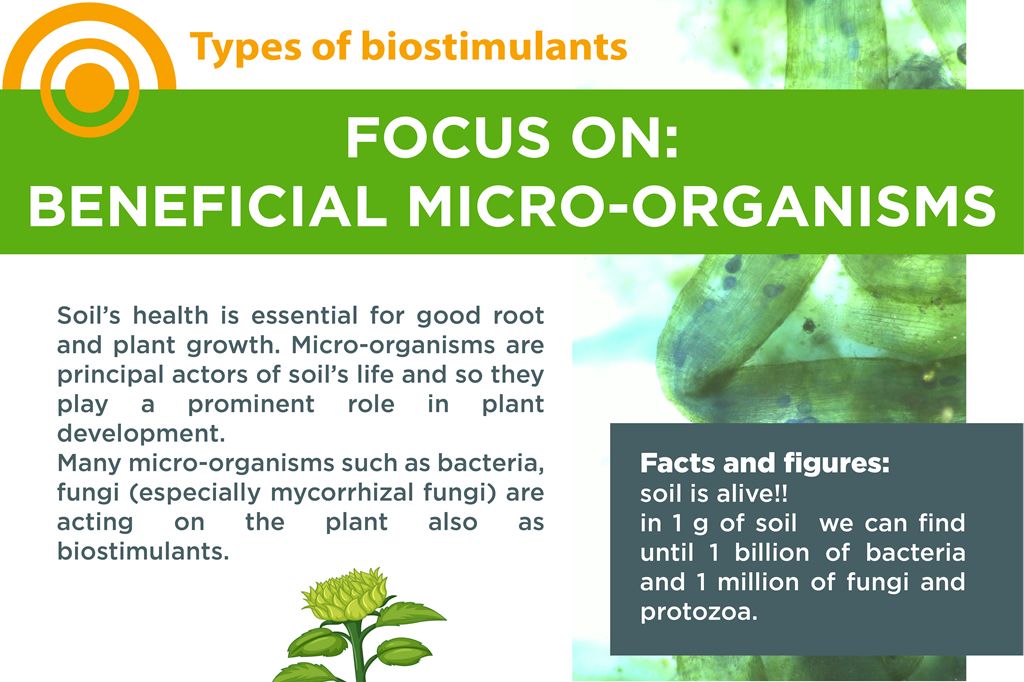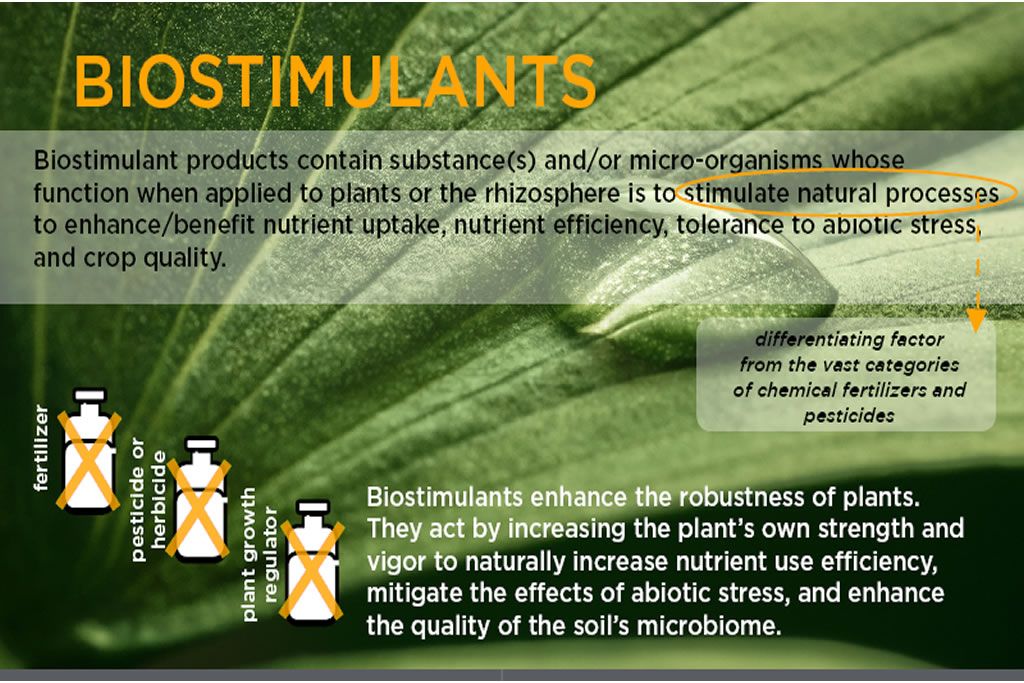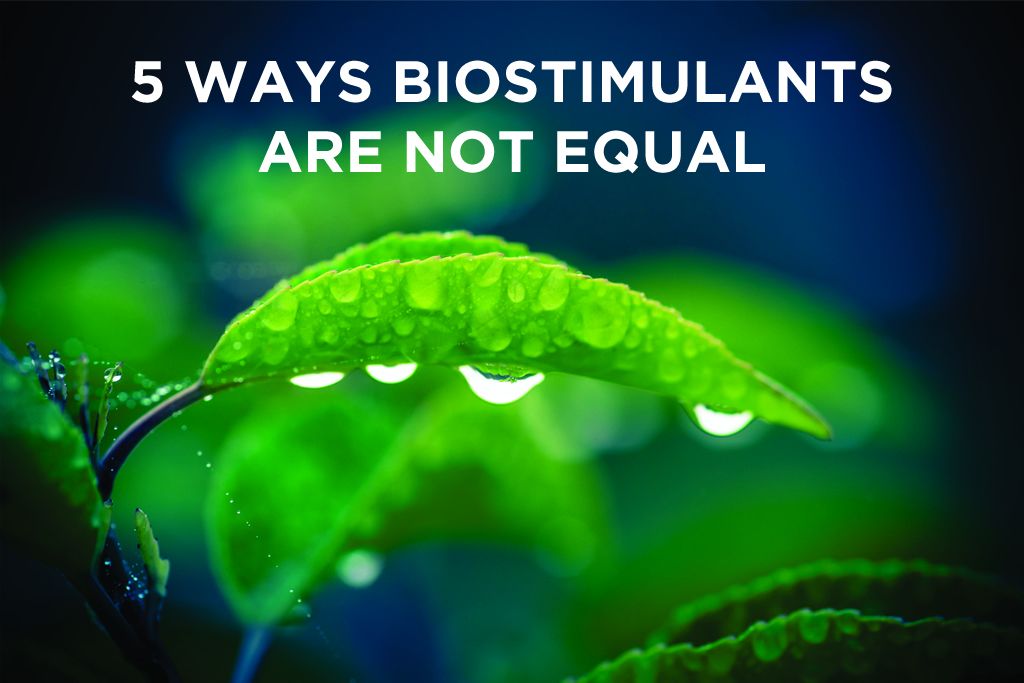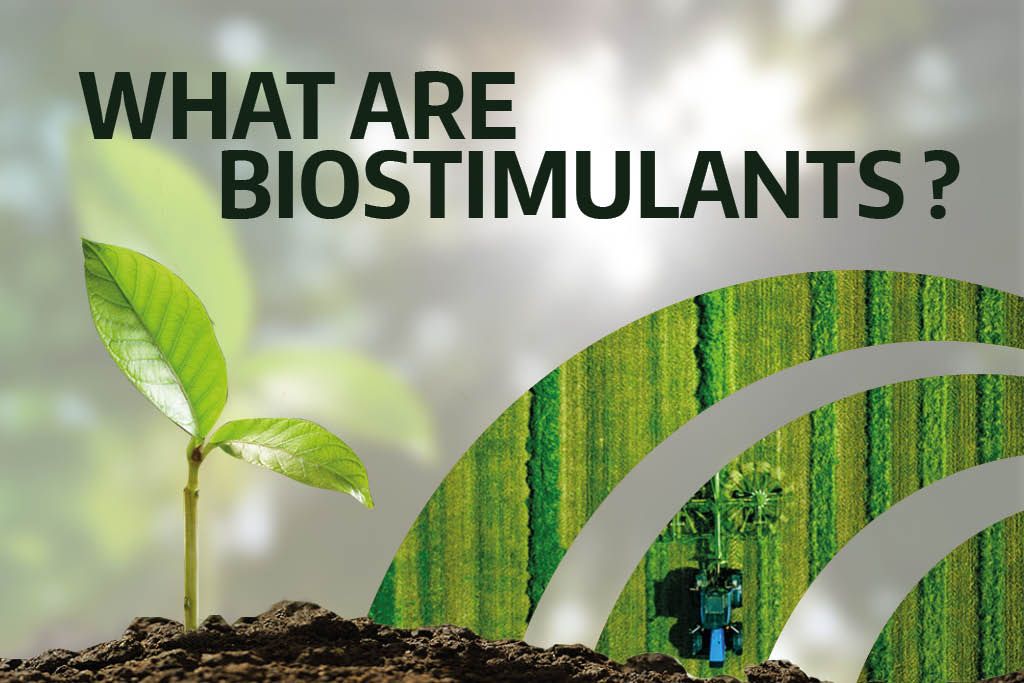BLOG #47
Plant Peptides: How Natural Biostimulants Improve Fruit Nutritional Quality
How Natural Biostimulants Improve Fruit Nutritional Quality: In modern agriculture focused on quality and sustainability, plant peptides are emerging as natural biostimulants that can boost yields and significantly enhance the nutritional profile of fruits.

What Are Plant Peptides?
Peptides are small chains of amino acids derived from plant proteins. When applied to crops, they act as signaling molecules that trigger key physiological processes such as nutrient uptake, stress response, secondary metabolism, and phytohormone synthesis.
Which Nutrients Can Improve Thanks to Plant Peptides?
1. Simple Sugars
- Increased Brix level
- Enhanced sweetness and flavor balance
2. Vitamin C
- Higher concentrations in strawberries, citrus, and tomatoes
- Important antioxidant for human health
3. Polyphenols and Flavonoids
- Greater antioxidant capacity
- Improved color and shelf life
4. Lycopene and Carotenoids
- Increased lycopene in tomatoes
- More vibrant fruits with nutritional benefits
5. Essential Minerals
- Enhanced availability of calcium, zinc, iron, and magnesium
- Firmer, more nutrient-dense fruits
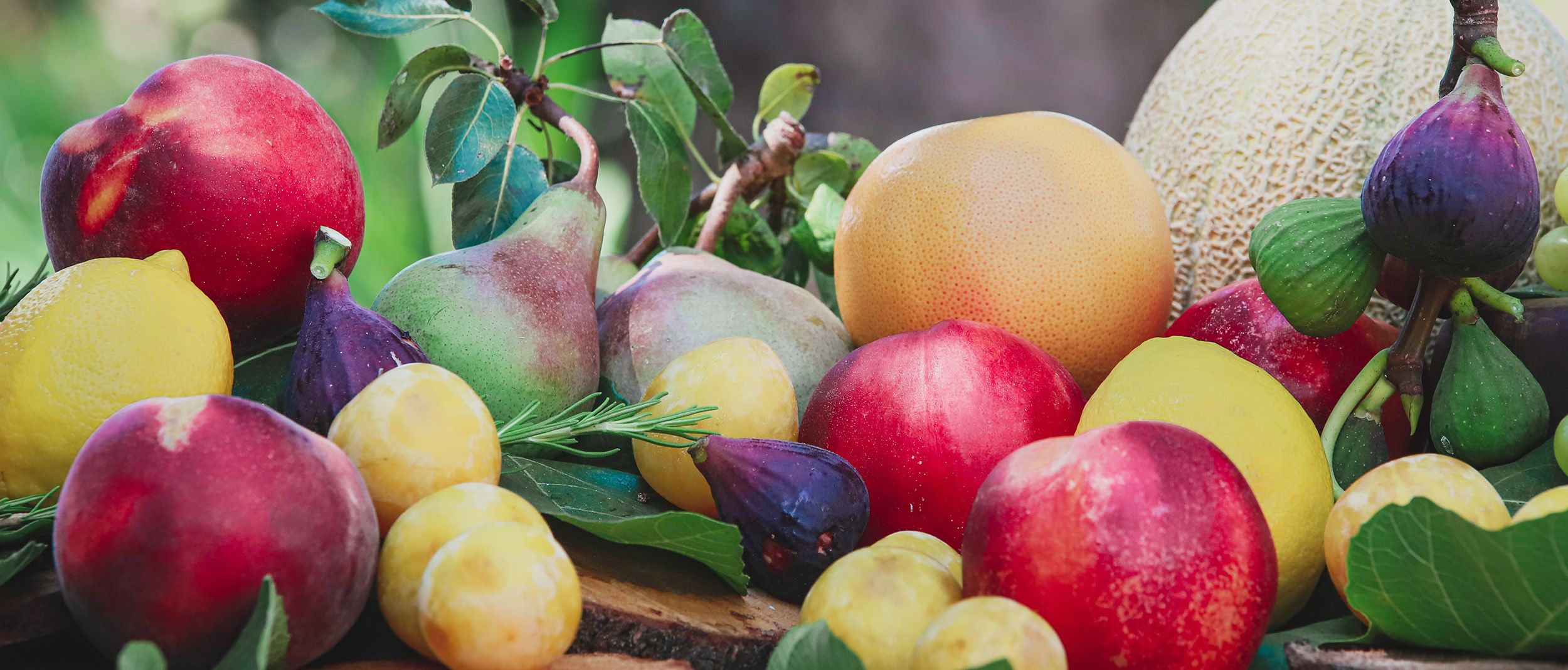
A Sustainable Approach
The use of plant-derived peptides helps reduce synthetic fertilizer and pesticide inputs, improves stress tolerance, and contributes to healthier soil. The result: more nutritious and sustainable fruits.
Conclusion
Plant peptides are an innovative and sustainable tool for growers aiming for high-quality production. Fruits richer in sugars, vitamins, and antioxidants are more marketable and deliver real benefits to the end consumer.
Peptide-based biostimulants not only support plant health — they also elevate the quality of what ends up on our plates.
Powered by Hello Nature


